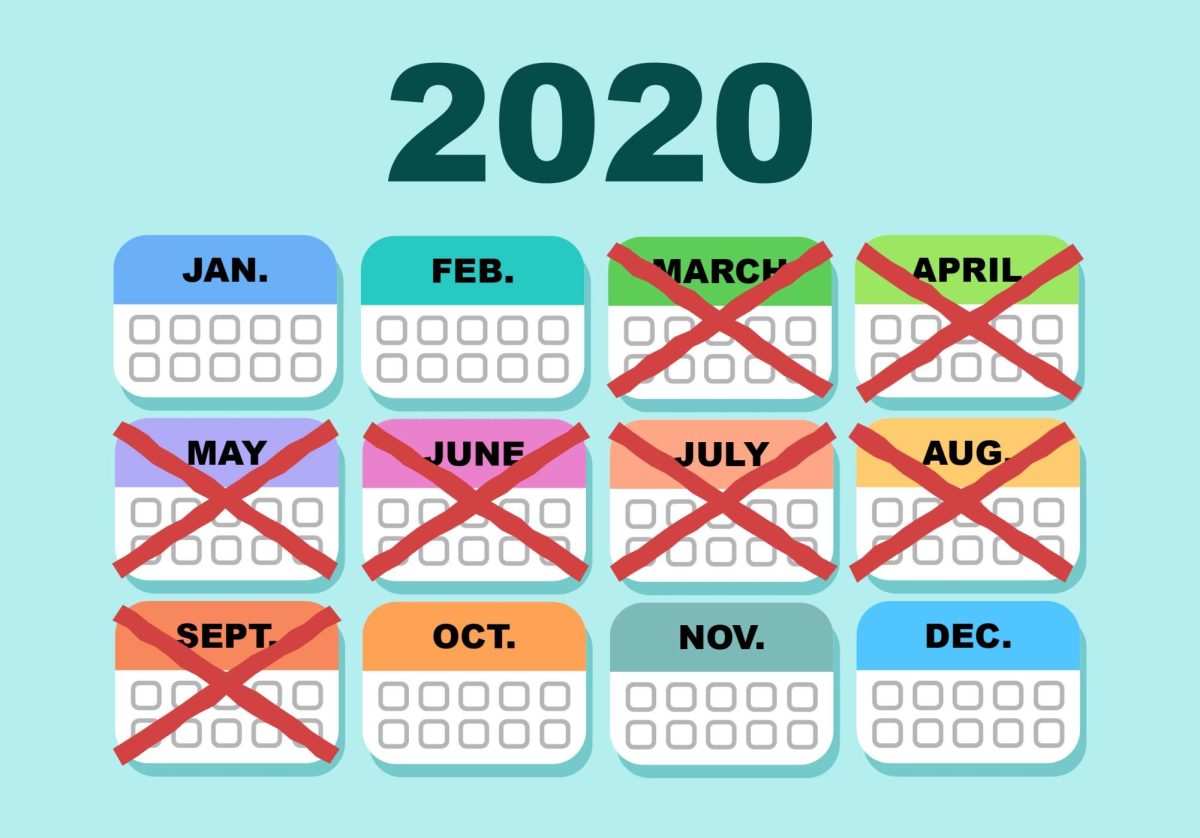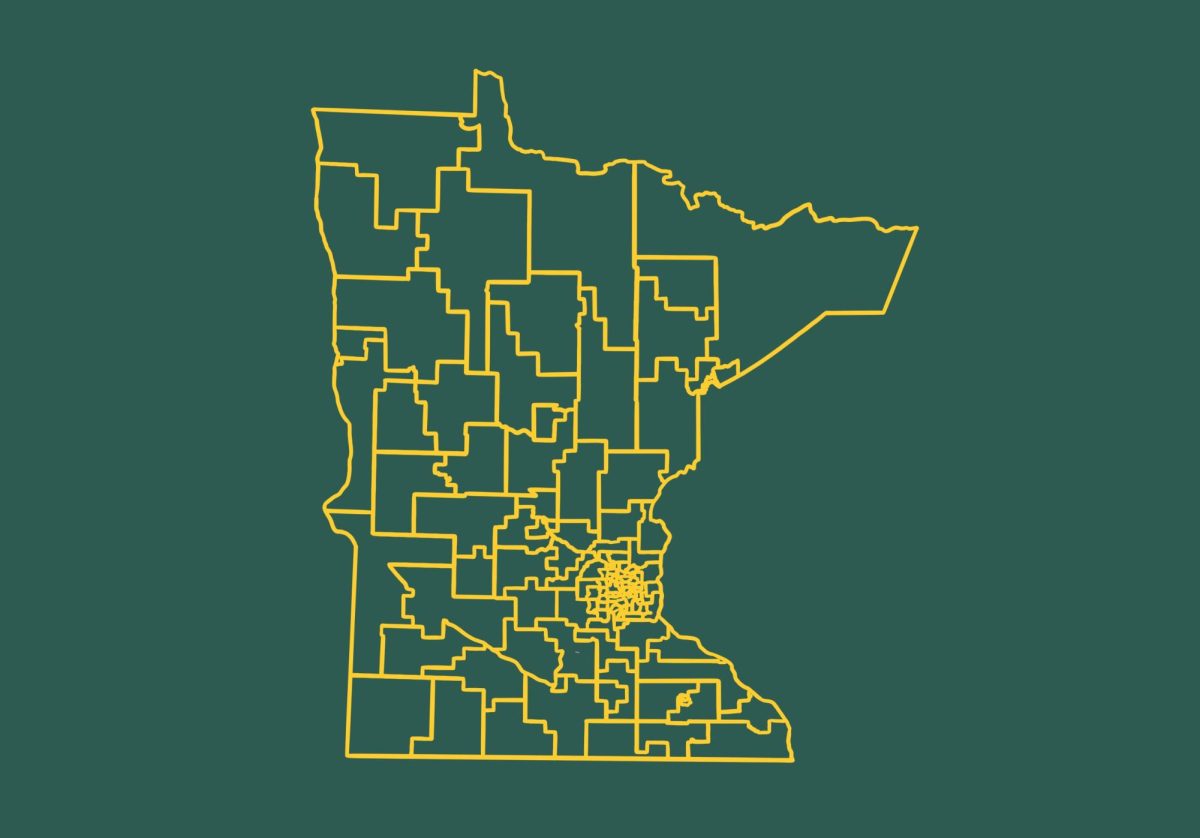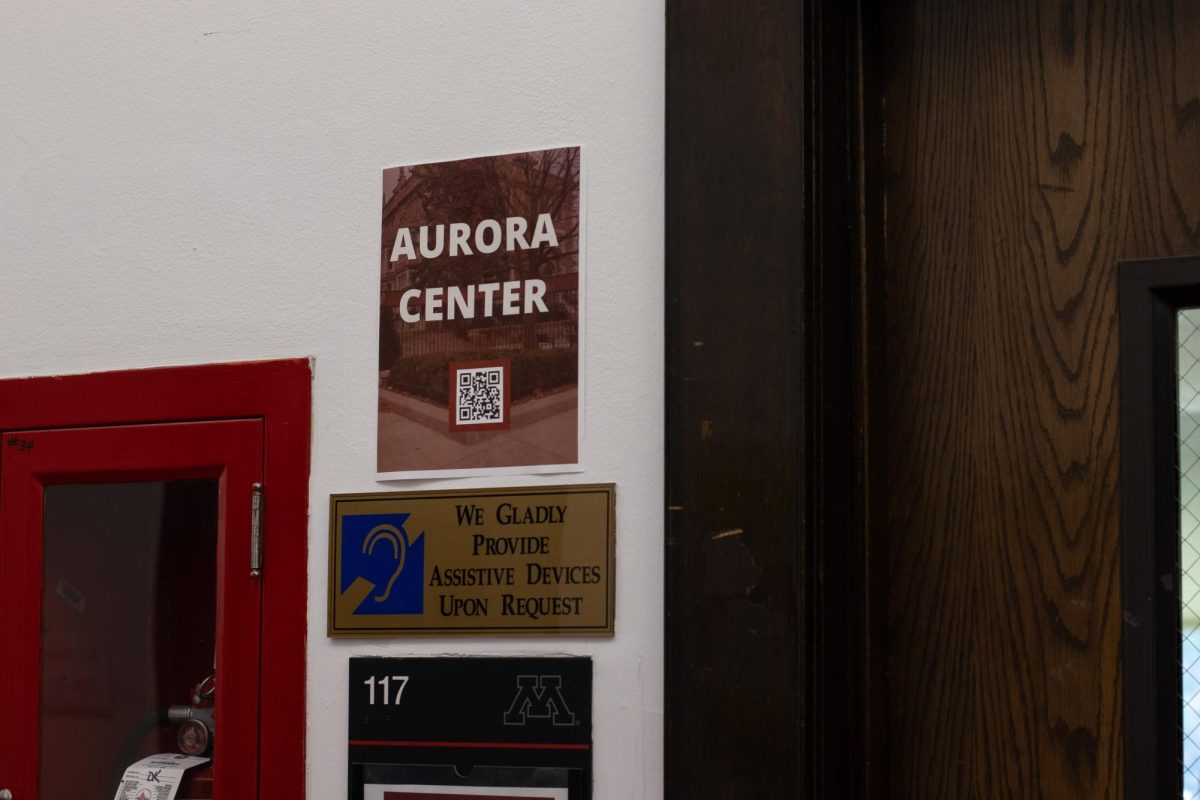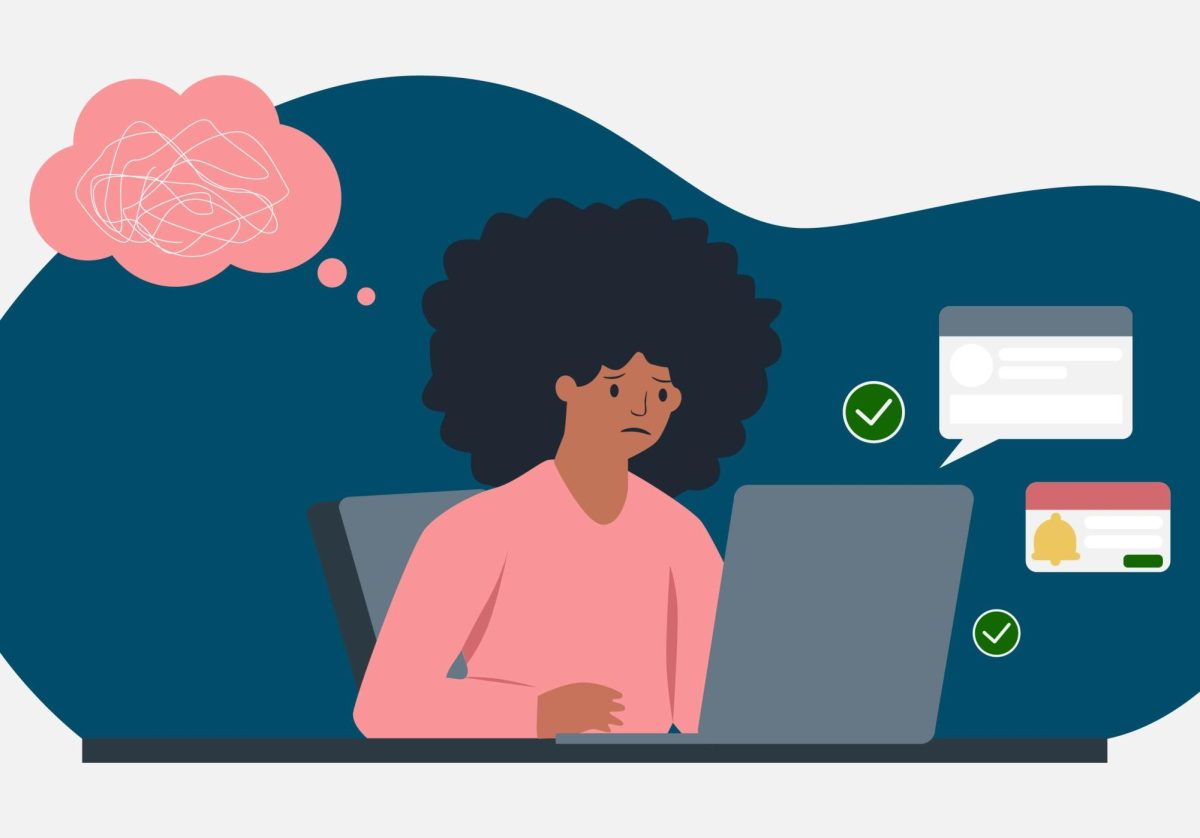Everyone remembers the story. In March of 2020, students worldwide awoke to the news that spring break came early.
What began with a week off from school spiraled into the COVID-19 pandemic, the most staggering global emergency Generation Z may ever experience.
Most high school students missed at least one semester of in-person schooling. Extracurricular activities were canceled indefinitely. Thousands were saddened to miss out on milestone events like prom or graduation.
Izzy Hoyt, a second-year student at the University of Minnesota, said her mental health significantly worsened during the pandemic.
“I was at home, and I just wasn’t feeling good mentally, emotionally,” Hoyt said. “Physically, I was really anxious with the disease and everything.”
Emily Sommers, a first-year student, said the pandemic hurt her social skills.
“I feel like a lot of people went through that few months where we couldn’t leave our houses, maybe only seeing our families,” Sommers said. “So it’s a lot of socially being, like socially stunted.”
Five years later, the 2020 high school graduates are now college students who see COVID-19 as a thing of the past. However, the loss of pivotal moments in our academic and social development left lingering trauma that impacts us daily.
Dr. Liza Meredith, a practicing psychologist and professor of psychology at the University, said she noticed a difference in her students’ stress levels from before and after the pandemic, including an increased prevalence of anxiety and depression.
“Recently, I’ve noticed that students seem healthier overall,” Meredith said. “But that doesn’t mean that some folks are still having mental health concerns that might be related to what happened with the pandemic.”
Meredith’s words reflect the worsened mental health among Gen Z since 2020. One survey from the American Psychological Association found that stress levels among young adults went from 26% in 2019 to 34% in 2023. The most common stressors named were health and money, both impacted by the public health and economic threats the pandemic posed.
Some have declared Gen Z the loneliest generation, with one post-pandemic study finding 79% of adults ages 18-34 report feeling lonely.
Meredith said her clients struggle with the isolation of missing out on significant life events.
“I would say a lot of them describe having a sense of missed out, missing out of experiences during key parts of their life,” Meredith said. “Some of them missed out on things like prom. They missed out on sporting competitions. They missed out on graduation. And I think there is some grief that people have had related to these experiences they didn’t get to have.”
Though the pandemic has been over for years, the effects of putting in-person social interactions on pause for months still impact students’ abilities to make friends, hold conversations and maintain a healthy social life, according to Meredith.
“Even though things feel relatively back to normal, I assume that current students also missed out on experiences earlier,” Meredith said. “Say in middle school or high school, and there’s probably some lingering effect of not being able to have as much social contact as they once had.”
Hoyt said she struggled to readjust to social interactions when she returned to high school.
“It impacted me, like my routine and everything,” Hoyt said. “I was so used to being at home, and I honestly liked it. I didn’t want to get out there and try and talk to people again.”
Sommers said she does not think Gen Z has done adequate work to address the loss of valuable development.
“People are more interested in social media than they are the personal, like in-person interactions that I used to have,” Sommers said.
Less instructional time and reduced school enrollment led to a decline in learning from which we are still recovering. These impacts are greater for working-class students who may have lacked the proper technology required for online instructional time.
Meredith said instructors were more lenient during the pandemic, leaving students now needing to adjust to stricter deadlines and harsher grading.
“It might be hard for them to adjust to a new academic environment where there’s perhaps higher expectations about getting things done on time,” Meredith said.
Hoyt said she sometimes finds herself reverting to bad habits formed during the pandemic, like procrastination.
Sommers said she is disappointed with how education has shifted since before the pandemic.
“Academically, I feel like a lot of people are lacking,” Sommers said. “Like lectures are more online. There’s not as much hands-on activity. It’s very computer-based instead of how it was beforehand, which I know a lot of people struggle with.”
However, Meredith does think student behavior has improved over recent years, suggesting students have begun readjusting in their social and academic lives.
“I would say now I perceive that students are quite active in their classes and are pretty engaged,” Meredith said. “I don’t see a huge difference now with students compared to what I saw before the pandemic.”
Gen Z still has a lot of work to do to get back on track from the hurdles COVID-19 threw at us. However, once we put in the effort to heal from our collective trauma, I have hope that our generation will come out more resilient than ever.














Karen Jacobson Storm
Mar 29, 2025 at 10:07 am
I have been a professor since 1994 and middle school teacher before that. Thank you for this excellent analysis. Not only did these students miss valuable social experiences but they were tethered to screens–and still are. I see a real problem with trying to have meaningful discussions about ideas, etc. No one talks. In all my years of teaching I have never been so frustrated. I try activity after activity for classroom engagement. I am worried about them. Instructors can’t do all the work. Students need to take risks and step away from the s reens and experience real life with other humans.
UMN001
Mar 28, 2025 at 12:11 pm
Rather than the “loneliest generation”, Gen Z should be referred to as the “whiniest generation”. Covid impacted everyone, and most could argue it impacted your Gen Z the least. Those now in college did lose on some of the social aspects and maybe a few very small activities which in the moment seem big, but in the reality of your life is absolutely so small (like high school graduation, prom, etc.). Other generations lost jobs, had to figure out how to juggle raising children while working from home, died in nursing homes without family, had wedding dreams crushed, honeymoons delayed, etc.
Stop being a bunch of complainers with your victim mentality. A cleanse from social media would do Gen Z good. Less anxiety, less stress, more time to create real memories, meet people, worry less about things outside of your control (like politics). Move on. If you let those changes to your life dictate how you live going forward, you will continue to be miserable.
Reflect on the fact this event posed almost no health risk to you and be happy you didn’t have to fight in war during those years like generations before you.